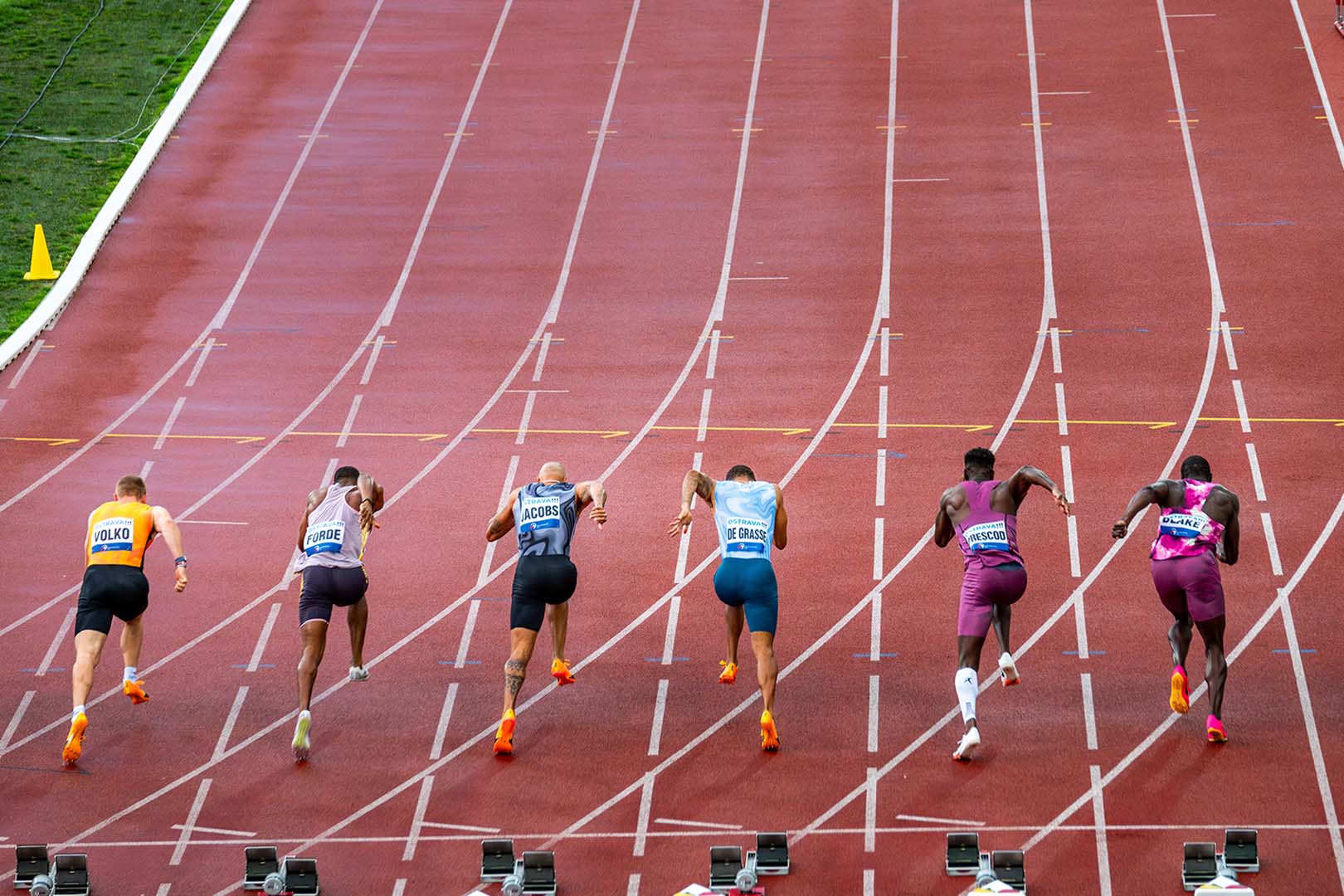


In the relentless pursuit of excellence, athletes constantly push their bodies to the limit. However, one of the most significant obstacles they face is fatigue. This persistent enemy can disrupt training schedules, compromise performance, and hinder overall progress. Fortunately, an ancient remedy is making waves in the modern athletic community for its powerful fatigue-combatting properties: KSM-66 Ashwagandha root extract.
Ashwagandha, a revered herb in Ayurvedic medicine, has been utilized for centuries for its rejuvenating and restorative benefits. KSM-66, a specialized root-only extract of Ashwagandha, stands out for its impressive efficacy and comprehensive health benefits. What sets KSM-66 Ashwagandha apart is its optimum concentration of withanolides, bioactive compounds responsible for many of the herb’s therapeutic effects. For athletes, the implications are profound.
One of the primary ways, KSM-66 Ashwagandha combats fatigue is by enhancing endurance. Scientific studies have demonstrated that this powerful adaptogen can significantly improve aerobic capacity. Research published in F1000 demonstrated that KSM-66 supplementation (600mg/day) resulted in a 9.51% and 7.15 % increase in maximal oxygen consumption (VO2 max) in both males and females respectively.1
Another research published in the Journal of Ethnopharmacology found that an 8-week supplementation of KSM-66 Ashwagandha root extract (600mg/day) led to a 16.40% increase in VO2 max, indicating an improvement in the body’s ability to utilize oxygen during exercise.2 Another 12-week study published in Ayu revealed that KSM-66 Ashwagandha supplementation (600mg/day) was responsible for a 13.6 % increase in VO2 max.3
This boost in endurance is not just about physical stamina; it also encompasses mental resilience, helping athletes maintain focus and concentration during prolonged activities.
Another critical factor contributing to fatigue in athletes is stress. High-intensity training and competition inherently induce stress, which elevates cortisol levels in the body. Elevated cortisol can lead to chronic fatigue, impaired recovery, and even burnout. KSM-66 Ashwagandha is a time-tested adaptogen that has been thoroughly vetted in human clinical trials as a safe, natural, and effective option for improving an individual’s stress response and reducing cortisol levels. Lower cortisol levels mean athletes experience less anxiety and stress, leading to better mental clarity and a more relaxed state of mind.
Research published in the Indian Journal of Psychological Medicine found that supplementation with Ashwagandha (600mg/day) led to a 44% decrease in perceived stress and a 27.9% reduction in serum cortisol levels.4
Recovery is another area where KSM-66 Ashwagandha shines. Post-exercise fatigue is a common challenge, often resulting in prolonged soreness and downtime. Athletes can get back to their training routines quicker, without the usual extended periods of rest. This rapid recovery not only enhances performance but also contributes to consistent progress and the ability to take on more demanding training regimens. Two studies have demonstrated that KSM-66 Ashwagandha significantly improved recovery by reducing serum muscle creatine kinase levels indicating improved recovery.5-6
Thus KSM-66 Ashwagandha is a natural supplement that offers a safe alternative to synthetic performance enhancers, avoiding undesirable side effects. It nurtures both body and mind, bridging traditional wisdom and modern athletic demands, providing a holistic, natural, and effective means for athletes to combat fatigue and enhance overall performance.